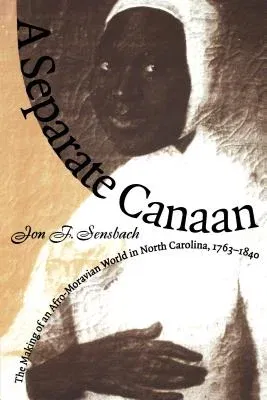Jon F Sensbach
(Author)Separate CanaanPaperback, 2 March 1998

Qty
1
Turbo
Ships in 2 - 3 days
In Stock
Free Delivery
Cash on Delivery
15 Days
Free Returns
Secure Checkout
Part of Series
Published by the Omohundro Institute of Early American Histo
Part of Series
Published for the Omohundro Institute of Early American Hist
Print Length
368 pages
Language
English
Publisher
Omohundro Institute and Unc Press
Date Published
2 Mar 1998
ISBN-10
0807846988
ISBN-13
9780807846988
Description
Product Details
Author:
Book Format:
Paperback
Country of Origin:
US
Date Published:
2 March 1998
Dimensions:
23.5 x
15.54 x
2.41 cm
ISBN-10:
0807846988
ISBN-13:
9780807846988
Language:
English
Location:
Chapel Hill
Pages:
368
Publisher:
Series:
Weight:
598.74 gm

